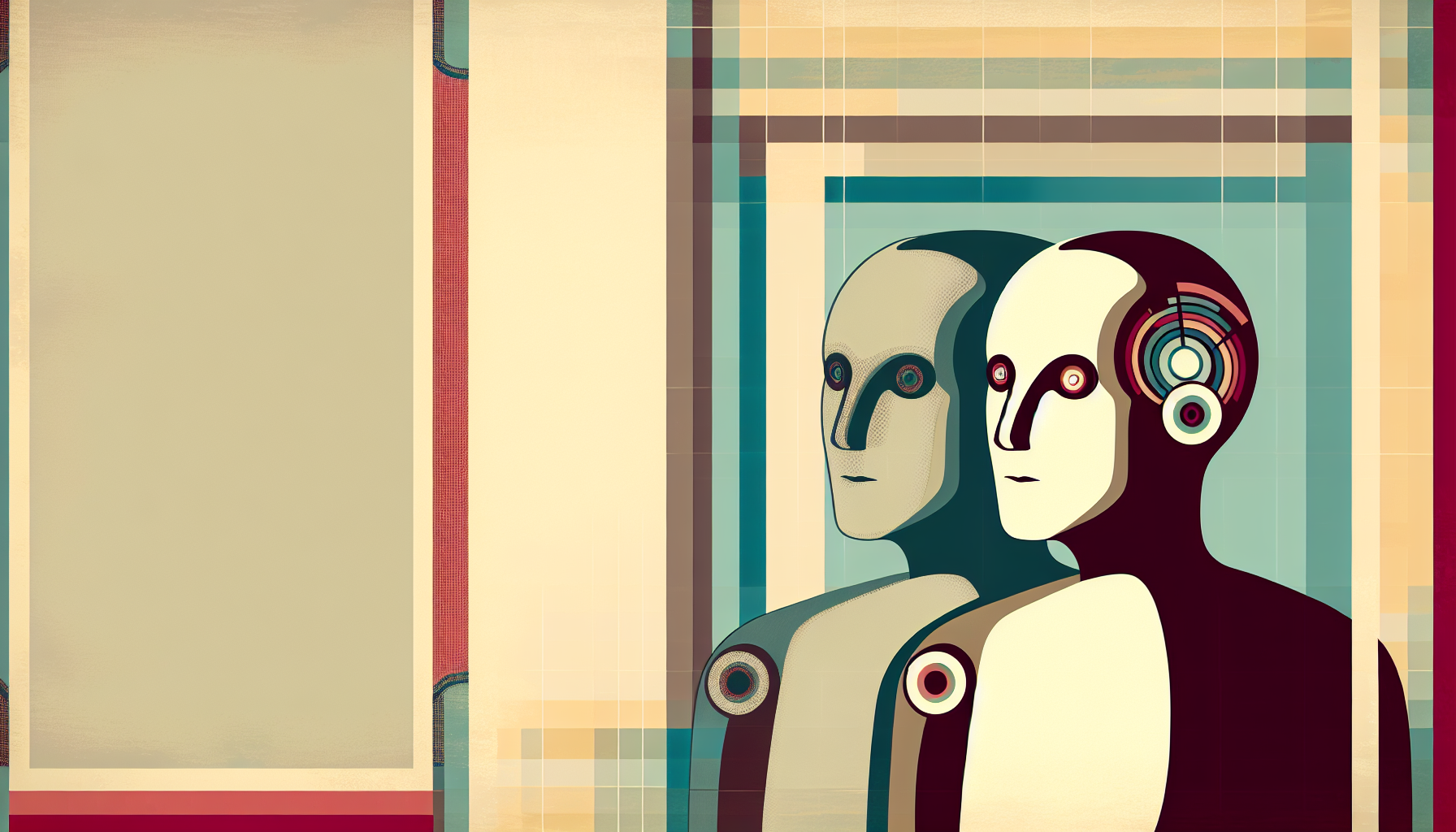In the age of rapid technological advancement, artificial intelligence (AI) is becoming integral to our everyday lives, influencing everything from how we shop to how we communicate. As AI systems grow increasingly sophisticated, questions about their moral agency and the role of intentionality come to the forefront. Can these non-human entities understand and act upon moral considerations? And does understanding mean they can be morally responsible?
What is Intentionality?
Intentionality refers to the ability of an entity to act with a purpose or aim. In philosophy, it denotes the capacity to have thoughts about things, to direct one’s actions towards specific outcomes. For example, when humans make decisions, they typically consider the consequences of their actions, embodying a form of intentionality linked to their capacity for understanding. When we take a step back, understanding can be viewed as a cognitive faculty that intertwines knowledge, belief, and intention.
Currently, AI systems operate based on algorithms and data patterns, devoid of consciousness or personal experience. They don’t “understand” in the human sense; they process inputs and generate outputs based on predefined criteria. Therefore, the crux of the issue lies in whether a lack of true understanding disqualifies AI from having moral agency.
The Distinction Between Understanding and Performance
One might argue that the performance of an action is what ultimately matters in moral considerations. If an AI system can perform tasks that have significant consequences—like recommending financial investments or diagnosing medical conditions—shouldn’t it, in some way, share the moral responsibility for those actions?
However, these actions are based on statistical likelihoods and not on any genuine understanding of the ethical dimensions involved. A self-driving car might make decisions based on algorithms programmed to prioritize the safety of its passengers and pedestrians. Yet, when faced with moral dilemmas—say, deciding between two harms—it lacks the understanding of the moral implications of its choices. It simply follows scripts written by human programmers, who imbue the system with a limited form of intentionality.
Human Responsibility in AI Decision-Making
The moral agency of AI raises essential questions about accountability. If an AI system makes a mistake—causing an accident or giving flawed advice—who is responsible? The programmers who designed the system? The users who deployed it? This shifting landscape of responsibility highlights a key tension: while AI can perform tasks with apparent intentionality, the underlying understanding still originates from its human creators.
The increasing reliance on AI in critical areas such as healthcare, law, and education necessitates a re-evaluation of what it means to act morally. If these tools lack genuine understanding, can we hold them to the same moral standards as human beings? Or should we demarcate the line at which human knowledge and ethical consideration become paramount?
The Ethical Implications of AI’s Limited Intentionality
As we grapple with these complexities, we must consider how AI’s lack of understanding can lead to unanticipated consequences. Algorithms might perpetuate biases present in the data they were trained on, producing decisions that deepen societal inequities. This situation underscores the importance of intentionality in ethical reasoning. Humans have the capacity to reflect on past experiences, understand context, and adapt their moral judgments. AI, however, operates on logic and numerical data alone.
Moreover, as we develop more advanced AI systems, we face the danger of over-reliance on them—a kind of blind faith in their capabilities. If we delegate moral decision-making to AI without a clear understanding of its limitations, we may inadvertently relinquish our moral responsibilities. Humans must remain actively involved in ethical deliberations to ensure that technology serves humanity’s best interests.
The Path Forward: Collaborating with AI
As we explore the future of artificial intelligence, we should aim to develop systems that complement human morality rather than replicate it. The focus should be on creating AI tools that enhance our decision-making capabilities, providing insights while allowing us to maintain ethical oversight. This could mean developing methods to integrate human values into AI systems actively or designing frameworks ensuring human accountability in AI-generated outcomes.
Engaging in this collaborative approach requires serious reflection on our values and the principles that guide human behavior. By understanding the inherent limitations of AI, we can foster a balance between human and machine actions, where AI acts as an aide in ethical considerations, while humans remain at the steer of moral agency.
Conclusion
In conclusion, while the role of intentionality is crucial in discussions of moral agency, AI systems currently lack the understanding necessary for true moral responsibility. As we advance technologically, we must remember that ethical considerations should remain firmly rooted in the human experience. Our focus should be on using AI as a tool to enhance our ethical decision-making rather than placing moral burdens on a fundamentally understanding-less entity. By doing so, we not only preserve our moral compass but also cultivate a future where humans and AI can coexist in a responsible and ethically sound manner.

Leave a Reply